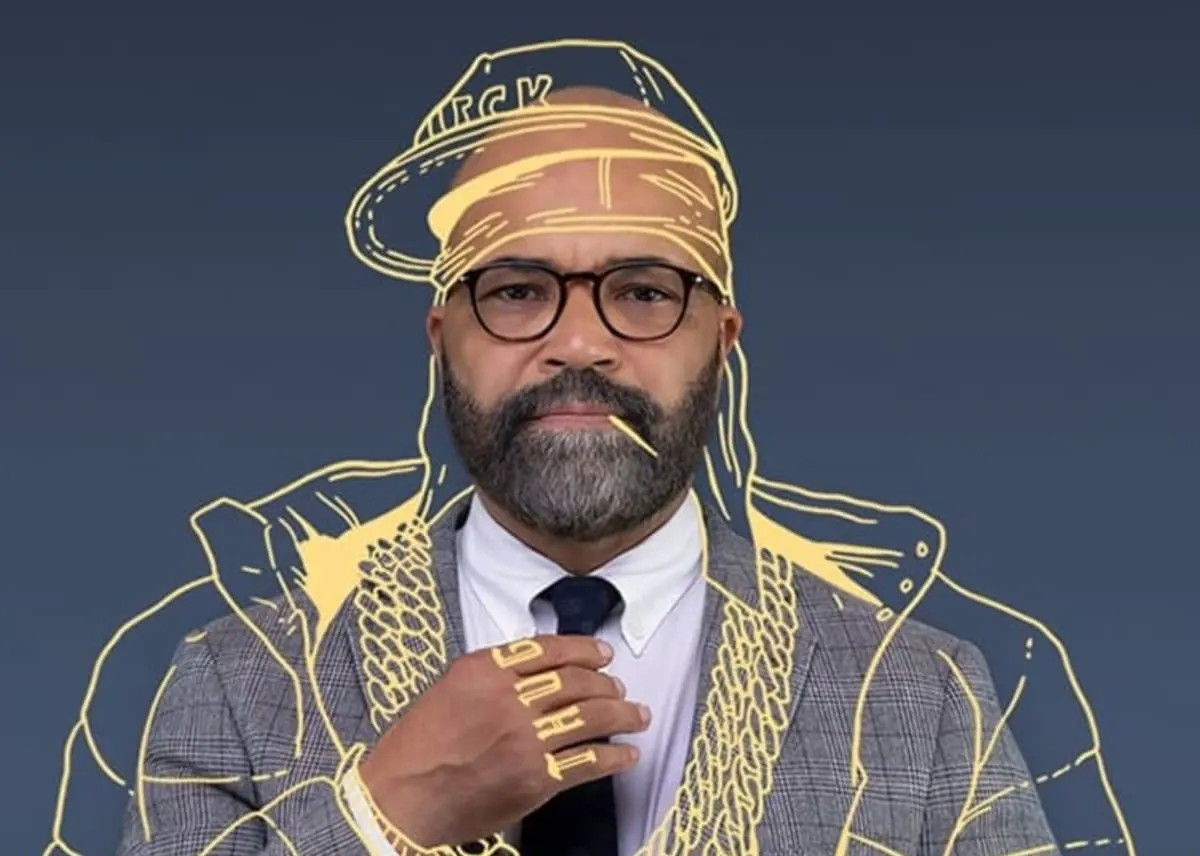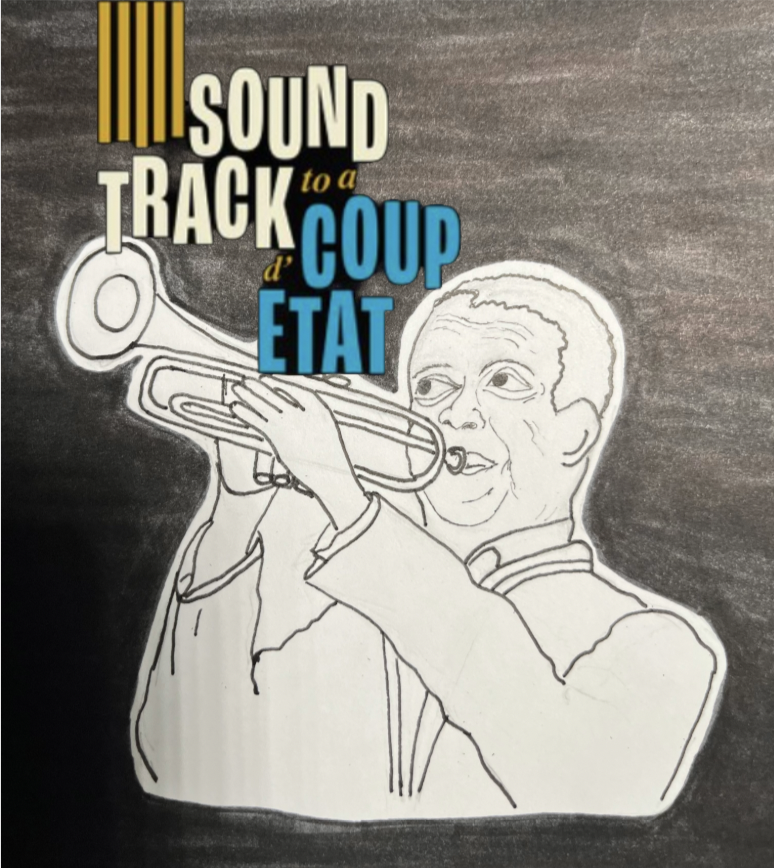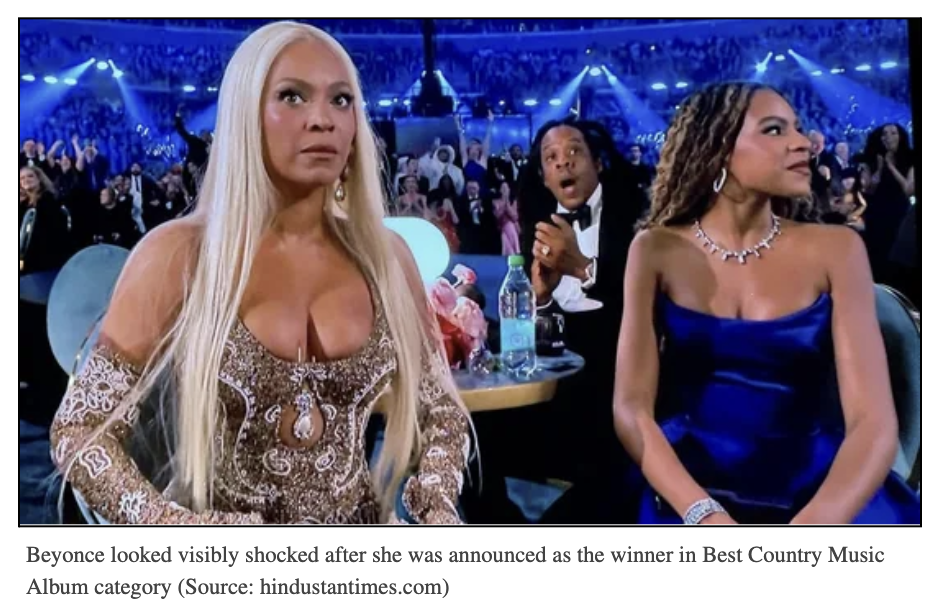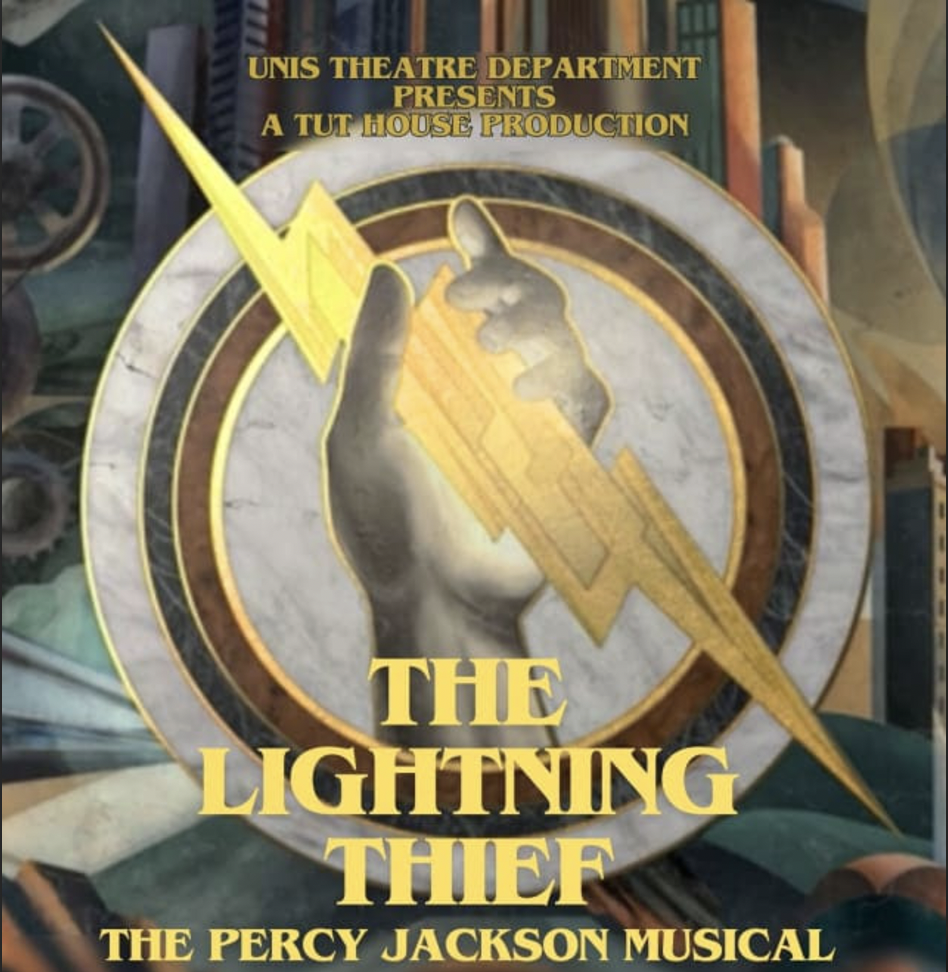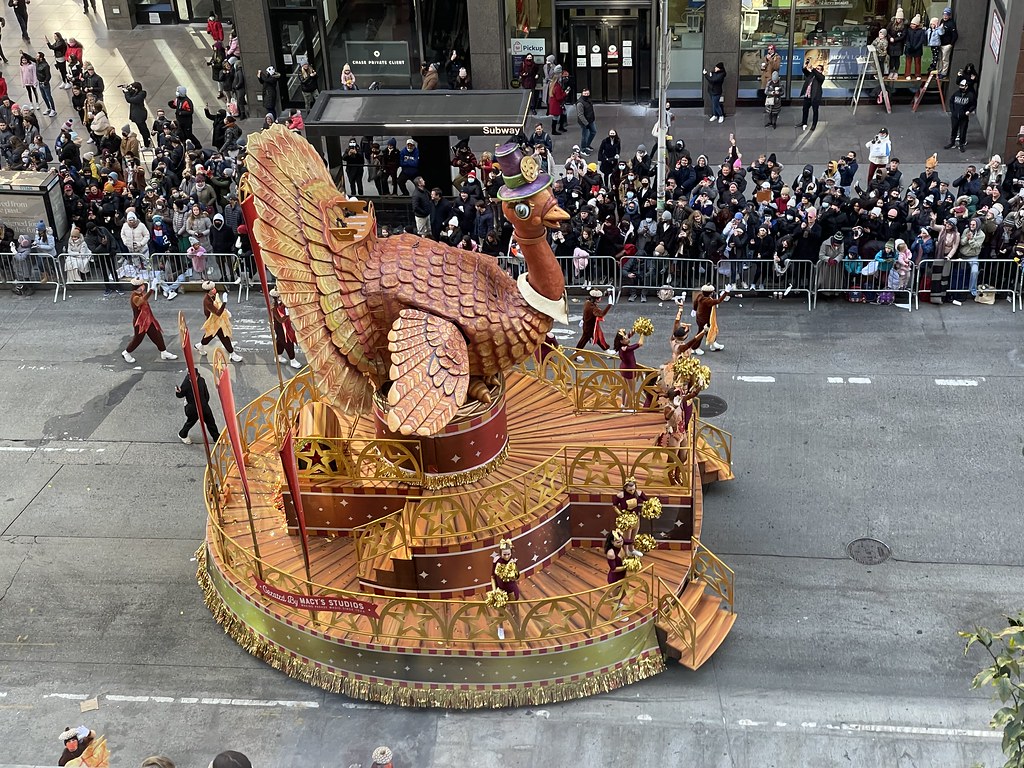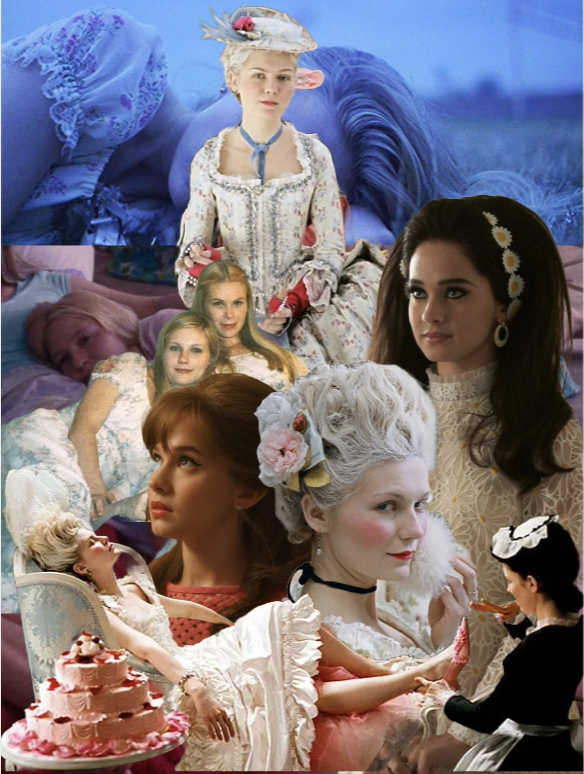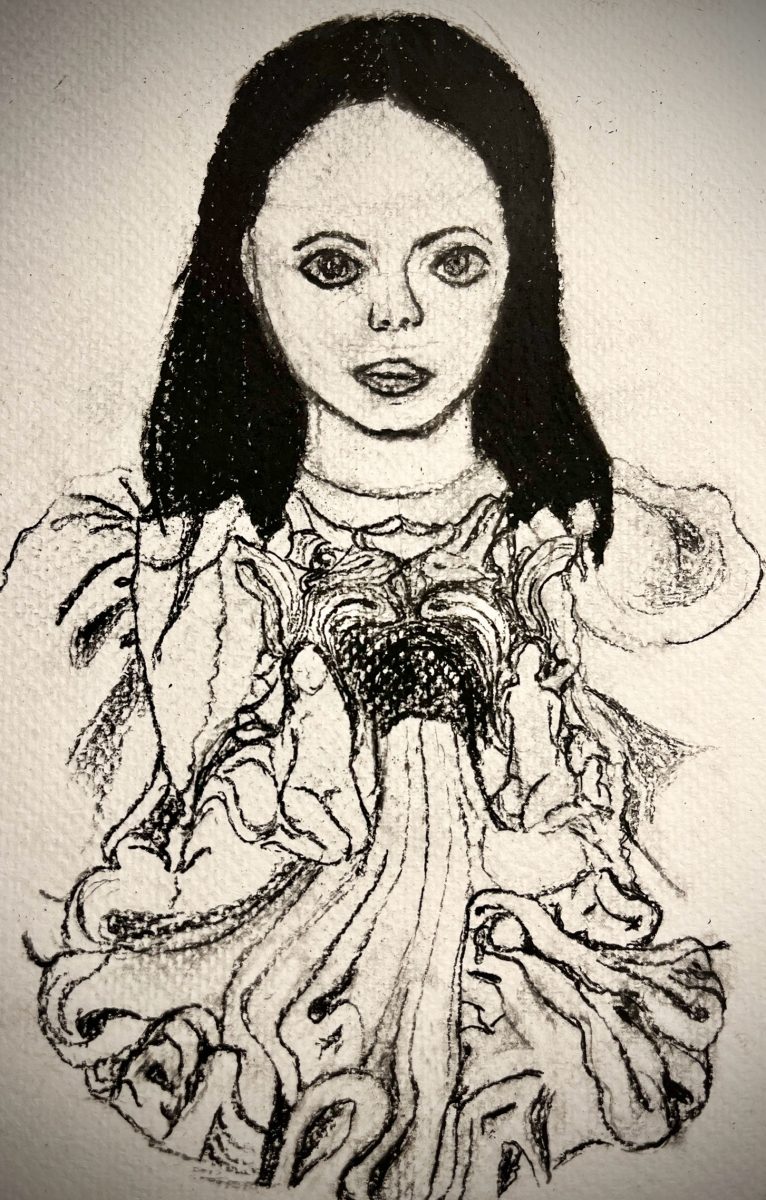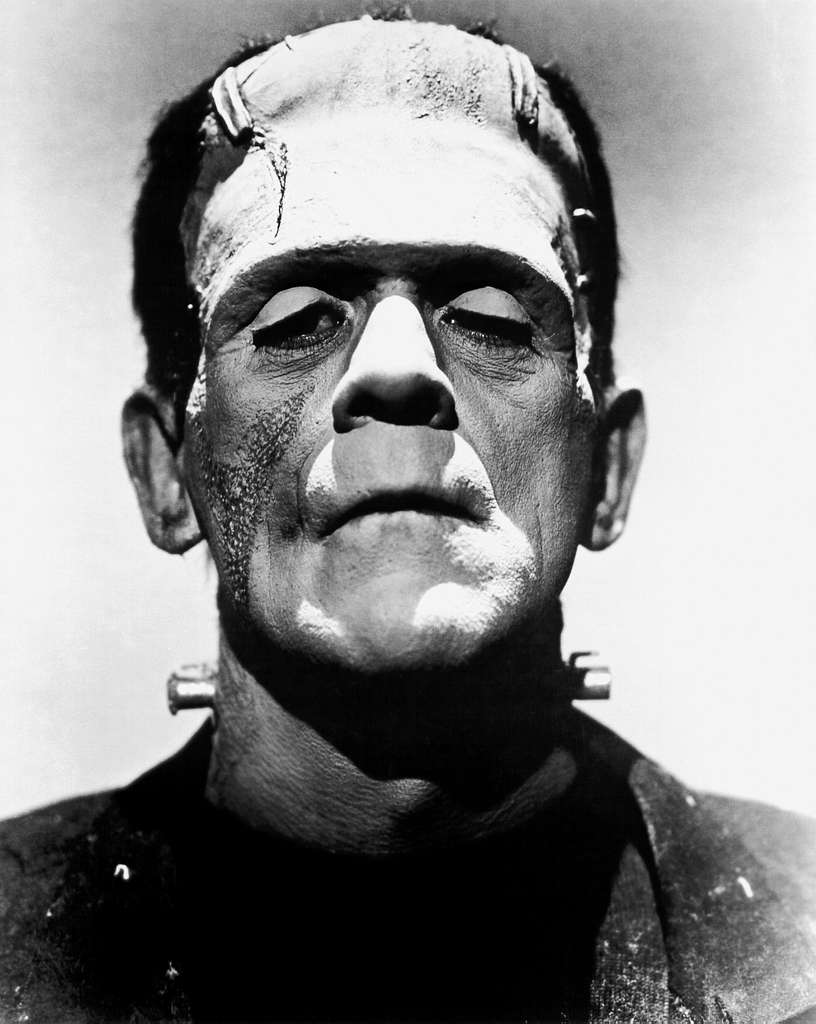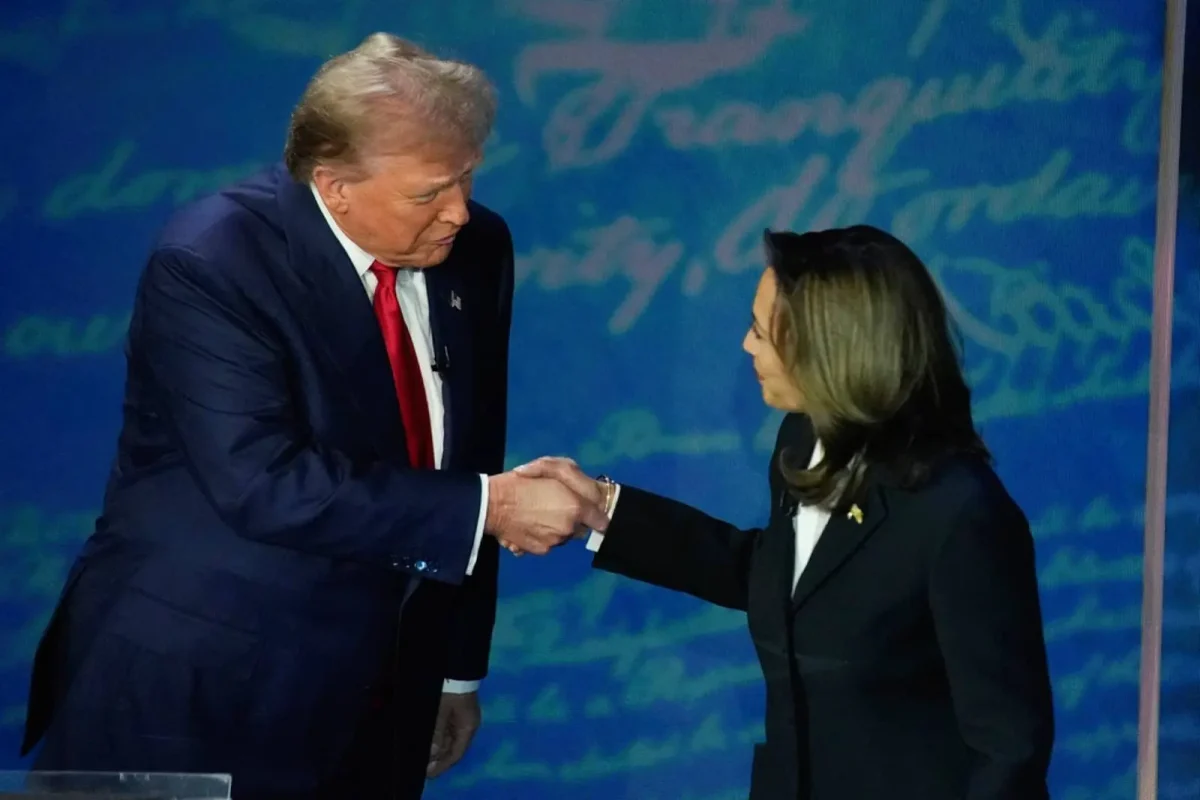Cord Jefferson, an ex-journalist and television writer known for shows like The Good Place has delivered his directorial debut. Openly ironic and subtly political, American Fiction begs the question: what does it truly mean to be “Black”? This cinematic truth bomb ridicules both white and Black people alike, questioning how Black identity is represented in literature and pop culture nowadays by calling each of us out on our implicit racism. Starring Jeffrey Wright, Tracee Ellis Ross, Sterling K. Brown, and Issa Rae, this motion picture knocked it out of the proverbial park.
An expansion of Percival Everett’s 2001 novel Erasure, American Fiction follows the story of unrecognized writer and spurned professor Thelonius “Monk” Ellison, who ironically writes a glaringly stereotypical “Black” book under a pseudonym to confront publishers on their obvious prejudices. To Monk’s surprise, the novel – titled F**k (yes, you read that right) – becomes a bestseller, especially and unsurprisingly among the white community. While handling these developments, Monk deals with various personal and familial tragedies. This duality in his life goes to show just how well-crafted the plot is, proving that Black people are so much more than many American media appetites desire – gangsters living in the so-called “hood.”
One thing American Fiction did right was its casting. Jeffrey Wright who you may recognize from Westworld or Asteroid City, delivered yet another outstanding performance as Monk. His down-to-earth, sarcastic, and slightly pathetic demeanor is either hilarious or makes you want to wrap him in a blanket and tell him everything will be okay. One of my personal favorite actresses, Issa Rae, also made an appearance. Rae played the role of Sintara Golden, a complex African American author who also seemingly writes juicy Black clichés in search of fame and acclaim.
But it isn’t only black people who are turned into caricatures. From Michael Cyril Creighton’s role as John Bosco, a giddy publisher who can’t wait to put Michael B. Jordan on the cover of F**k in a durag with “the muscles showing!”; to Paula Baderman (played by Miriam Shor), your average Hamptons lady who promptly exclaims “somebody call the fire department!”; the white people in the movie are caricatured to perfection. Besides their prejudice-driven yearning for confirmation that all black people are good-for-nothing drug dealers, these actors are hysterical and had me dying in my seat.
Black identity is an issue tackled in many famous American literature and film pieces and this director certainly has left no stone unturned – even his character’s last name hits the nail right on the head. Ralph Ellison’s 1952 canonical novel Invisible Man follows the story of an unnamed Black man who depends on others to define who he is, moving through life, and playing roles assigned to him. Coincidentally, or maybe not so, Jefferson’s endearingly grumpy Thelonius Ellison (hint: where have we seen this last name before?) embodies exactly what society wants him to be: a fugitive author convicted for murder, writing about (his words, not mine) “deadbeat dads, rappers, and crack.” American Fiction hammers its point home through the words of a defensive Sintara Golden: “Is it bad to cater to people’s tastes?” Dear reader, what do you think?



